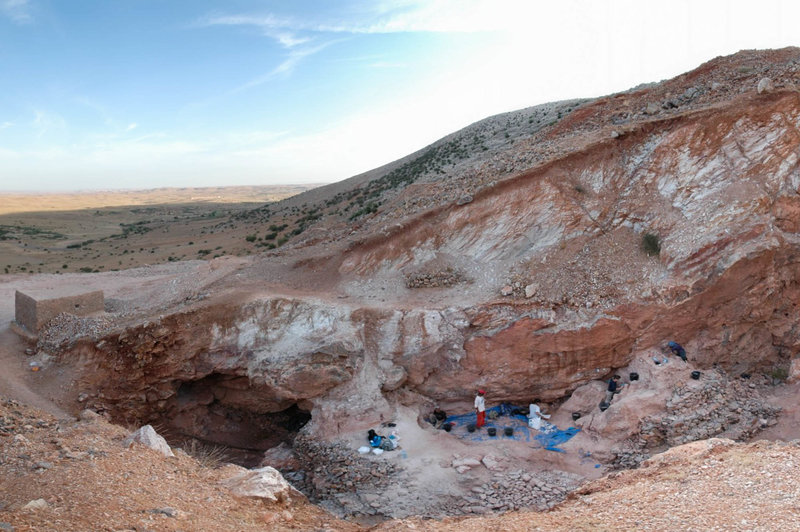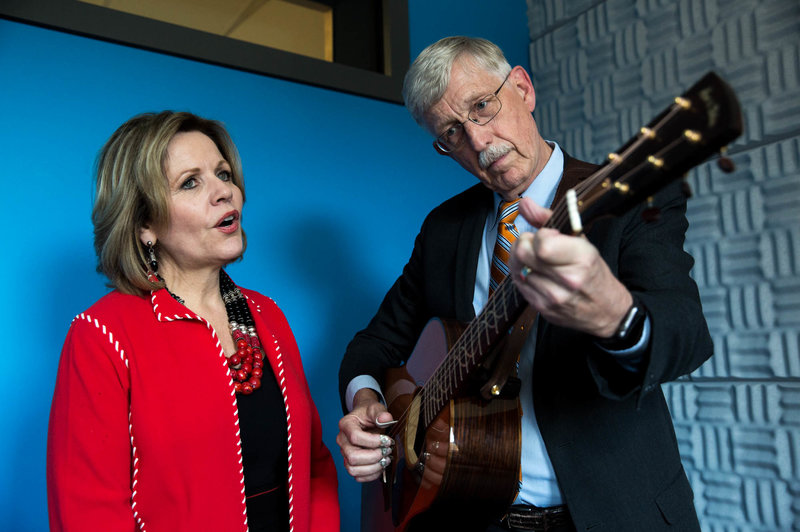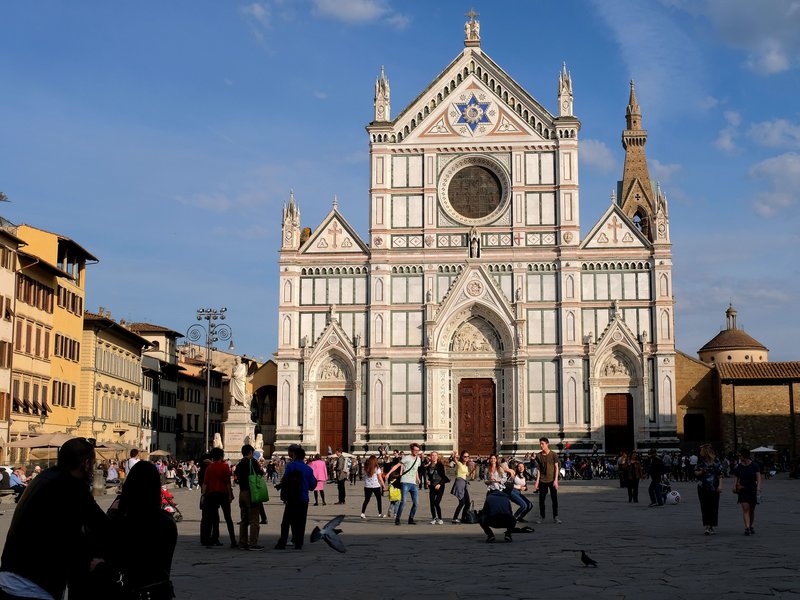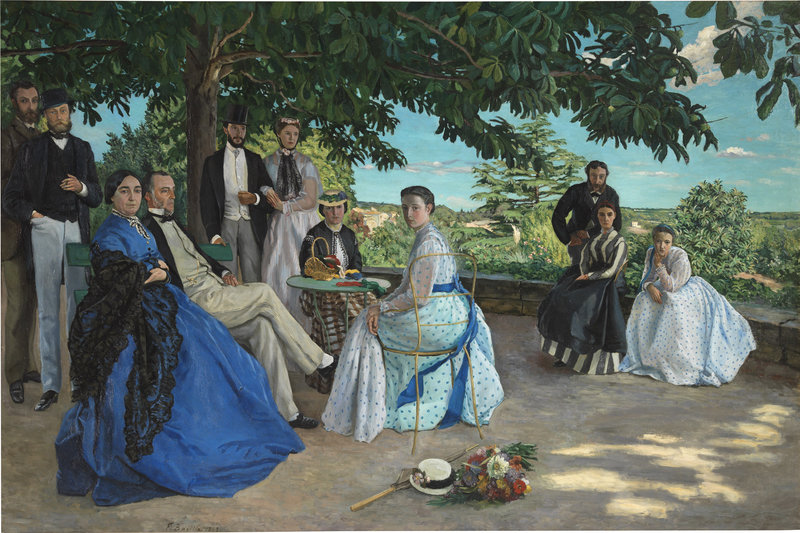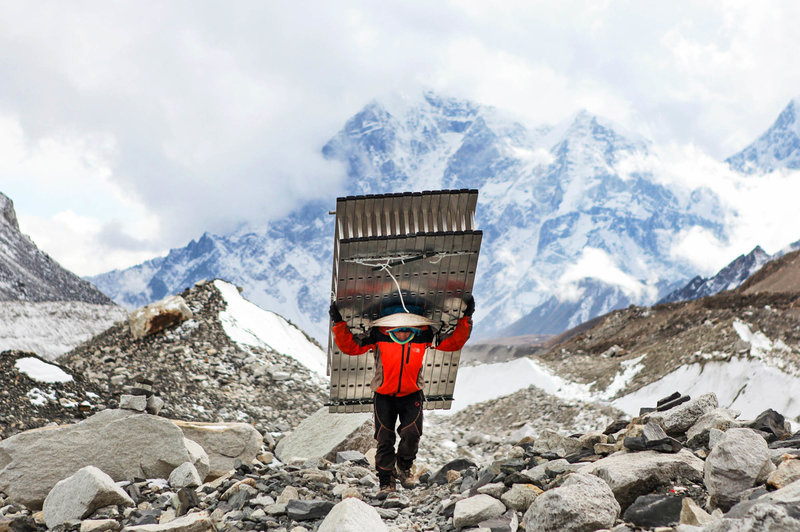 Thursday, June 29, 2017 at 12:08PM
Thursday, June 29, 2017 at 12:08PM Sony Will Start Making Vinyl Records Again In Japan, After Nearly 30-Year Hiatus
"Sony Music is preparing to make its own vinyl records again in Japan, in another sign that albums are back from the brink of being obsolete. The company says it's installing record-cutting equipment and enlisting the help of older engineers who know how to reproduce the best sound."
sign that albums are back from the brink of being obsolete. The company says it's installing record-cutting equipment and enlisting the help of older engineers who know how to reproduce the best sound."
"Vinyl sales have seen a resurgence since around 2008. And while records are still a small part of the market, the fact that in 2016 "a format nearly a century old generated 3.6 percent of total global revenues is remarkable," as NPR's Andrew Flanagan has reported."
"Years of double-digit growth in record sales have left vinyl press plants in the U.S., Japan, and elsewhere struggling to meet demand. Sony's plan reportedly includes the possibility that it will press records on contract."









